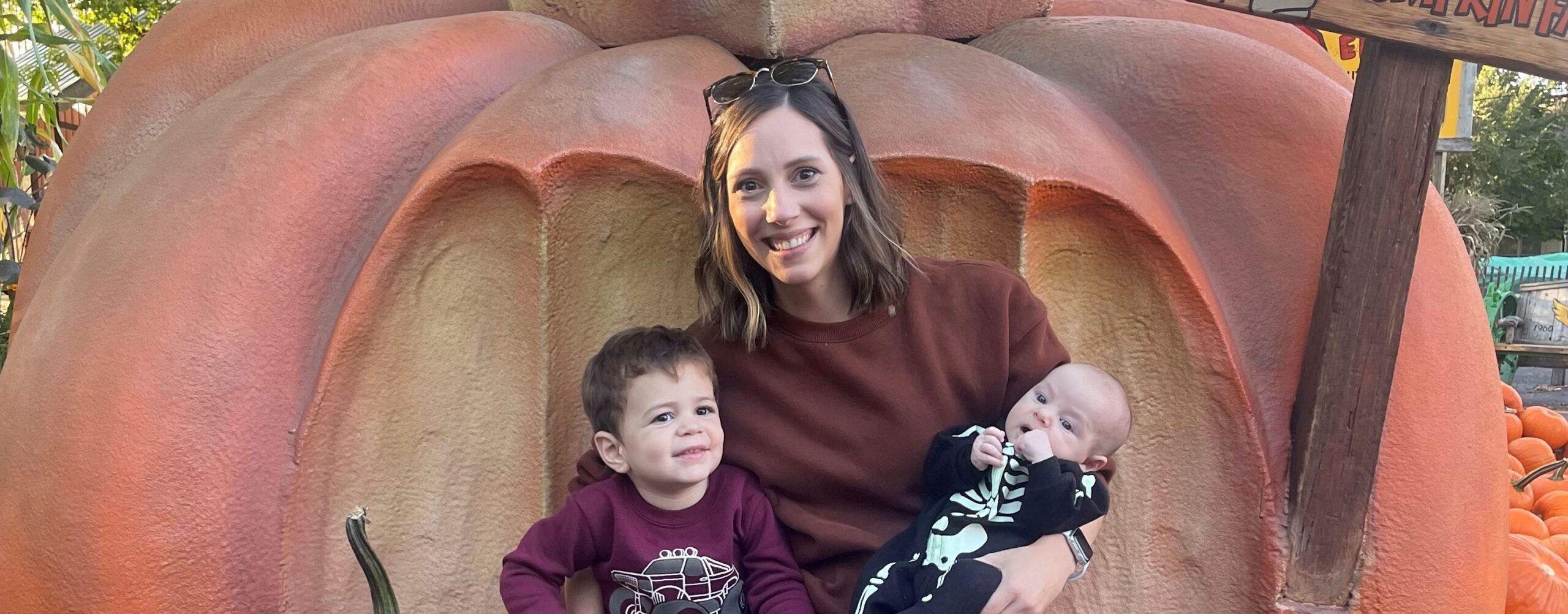Would you be surprised to know that as of 2021, the number of couples going through a divorce over the age of 55 is more than double the national average, while overall rates of divorce have slightly declined? (US Census, Marriages and Divorces) Maybe you’ve heard the phrase “We’ll just wait until the kids graduate high school”, a common refrain shared to push through the challenges until children are “adults” and able to fend for themselves. But what makes you an “adult”? Is there a threshold where you magically are now able to process a major change in family dynamics just because you’re over the age of 18? Believe it or not, life is much more complicated than this and whether you’re in your 20’s, 40’s, or beyond, experiencing parents going through a divorce as an adult presents a host of its own unique challenges.
Personal Experience with Parents Divorcing
Driving to the airport as I headed back to my sophomore year of college was when my parents dropped the news that they were considering a separation. I already knew that my parents’ marriage was complicated, so the news didn’t come as a complete surprise as I sat in the back seat nodding my head. Flying back to college, thousands of miles away, I initially felt like this was their issue to sort out and I needed to focus on me and enjoying college. Whether naïvely unaware or engaging in hopeful rationalization, as time went on, I realized I still played a major role in my parents lives as they did in mine. They built a life together over the course of almost 25 years and having that dismantled, regardless of whether I was living with them or not, presented a host of questions that need to be addressed. Over the years, I’ve spent time processing my own challenging interactions and boundary setting process with my parents in and out of therapy and believe in the importance of sharing those insights with others. Below you will find some of my personal reflections as well as important factors to consider for both adult children and their parents.
Grappling with Emotions
One of the hardest things about this journey is to acknowledge that while this is not your decision to make, there will still be ripple effects felt when trying to maintain relationships with parents. You might be wondering, how should I feel about all that is happening and is it ok to feel this way? First and foremost, you have a right to feel whatever emotions bubble up for you, regardless of your age. It is important to demonstrate empathy for those going through the divorce, knowing that this likely wasn’t a decision made lightly; however, your parents’ feelings of guilt, sadness, or anger are theirs to process just like your emotions are important for you to understand and work through.
Establishing Healthy Boundaries
While emotions for both you and your parents are important to process, establishing boundaries around who to share emotions with and what feels safe to share is a key process for moving forward. Once separated, parents may feel like they’ve lost their primary outlet for talking through day-to-day life. Just because a child is an “adult” capable of having more mature conversations, this does not equate to the child/parent dynamic dissolving. Know what your limitations are based on past levels of emotional intimacy and understand that it is ok to tell your parents when a line is crossed. With few outlets, parents may feel that their children are the easiest place to find someone to listen and understand as their children can relate to adult experiences; however, offering dating advice to a parent while you yourself may be going through the same thing could feel exceptionally jarring. Maintaining amicable relationships with your parents can also involve telling them that it is not ok to share their frustrations about their ex just because you’re an adult and able to listen.
Holidays and Traditions will be Different
While divorce can be an amicable process and partners may still decide to stay in each other’s lives, there can be a sense of loss around marking events together, whether birthdays, celebrations, holidays, or major personal milestones. Especially as an adult, your sense of stability around events has been established much longer and you may never have needed to worry about accommodating or limiting who celebrates with you. Remember, you can’t control the comfort level of your parents, and time, hurt, and healing will all play roles in determining how long or if your parents will be comfortable being around each other again.
Preparing for the Financial Future
Though they no longer maintain a life together, family transitions later in life can go deeper than shifts in interpersonal relationships and might involve financial expectations and you feeling obligated to one or both parents. While it is important to stay in touch with your own feelings related to personal means and drawing boundaries, a divorce later in life can impact your parents’ hopes for retirement and life in old age. Depending on whether they turn to their adult children for support or not, staying grounded in the understanding that these decisions did not come lightly is important when having open conversations to make sure expectations do not go unnamed leading to possible resentment.
Questioning Your Own Partnership/Family
When a divorce occurs later in life, you may have already established a family of your own or be in a partnership that feels stable like your parents. It can be jarring to watch what was perceived as a long-lasting and amicable relationship end. What is important to remember is that your relationships and family are your own and you will navigate them based on who you are.
Final Insights
Fear around the future and stigma from outside sources like society are some of the most common themes I hear related to processing gray divorce. Both are valid and also are important to acknowledge as challenges in order to create clarity on how you want to move forward. There are clearly different expectations around engagement with divorce when children are adults because of the agency that inherently comes with age. If I was to help normalize one key aspect of this process, I want to say it is ok to adjust boundaries as time goes on and relationship dynamics shift. We are human and grow and change with time. Just with what likely happened with your parents and them needing to reset, be in touch with yourself and know it is ok to reset boundaries and actively name new expectations too.
Resources:
Home Will Never be the Same Again
8 Things Adult Children of Divorce Desperately Want You to Know
What is a ‘gray divorce’? 6 things to know about splitting up later in life
70s Are the New 50s: How Gray Divorce Differs from a Typical Divorce



